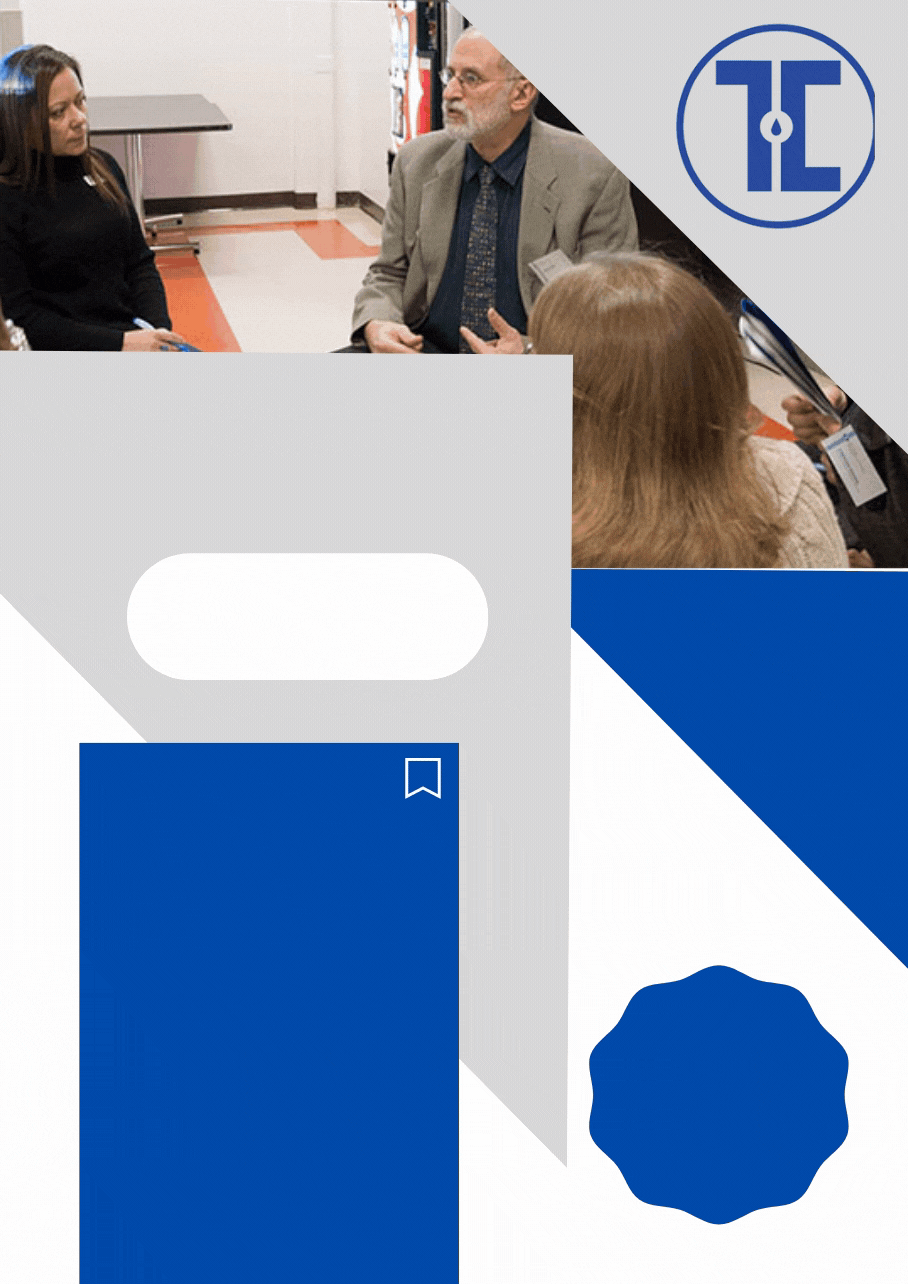In a time where you can download apps to check your heart rate, find your ancestors, and have drivers to deliver lunch to you, why do we still use paper ballots to vote on election day? Apple has released ten iPhone models and yet, on November 8th’s General Election, we will be using paper and pen to vote for the next president of the United States; we will not be using iPads and styluses.
Paper ballots have been the preferred method of voting for over a century; the World Wide Web was only created a couple of decades ago, in 1989. Since then, cybercrime is one of the greatest threats facing our country and continues to grow as technology evolves. Cybersecurity-professionals.com reported that, according to antivirus software company Norton, nearly 60 million Americans have been affected by identity theft and 16.7 million individuals experienced identity fraud in 2017 alone. The ease at which information can be manipulated online brings up many concerns on the issue of upgrading the voting system with online technology.
In recent years, a few states and countries have experimented with internet based elections using technology, such as Smartmatic. Smartmatic allows people to register to vote online. 
Companies such as Smartmatic exist due to the concern that our current system is too disorganized. The current voting process involves overworked poll workers, long lines, and a longer result turnaround. Voters can mail in their paper ballots, which leaves a margin for error within the postal system. However, do the risks of e-voting outweigh the risks of human errors when using paper ballots?
While the paper ballot system may also be imperfect, the larger scale risks of internet based voting may be tougher to control. More specifically, e-voting would eliminate human error and end the labor intensive process of paper ballots, but the technology could be subjected to wireless hacking and equipment malfunction. I can't even begin to count how many times my computer and tablet have frozen forcing me to restart the devices and lose any unsaved data.
Besides, how would voters feel not having that curtain of privacy when casting their vote? Would employers, spouses, or friends pressure others to vote another way when using personal devices? Or could someone obtain a non-voter's pin information and cast his vote twice?
Despite Smartmatic’s solutions to many of these concerns, such as a voter verification feature, they can’t address the biggest problem with online voting: securing the voter's personal device from cyber attacks and malware and preventing it from altering the election.
It is safe to say that any changes in voting are elections away from becoming a focus. Besides the security fears, the cost of startup alone is a deterrent for many states. For now, voters are happy with paper ballots, crediting that it’s cheaper, safer, and leaves a paper trail for tracking votes.
Leave us your opinion on this controversy in the comment section below!
Want to learn more about the current issues in designing, managing, and securing complex, organized information systems? Then:













